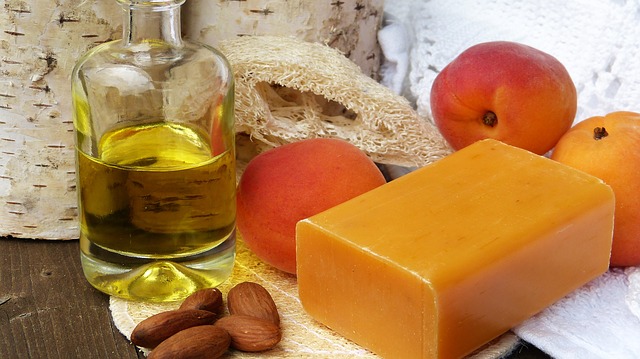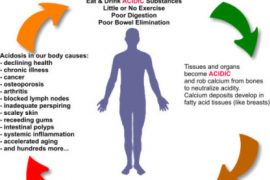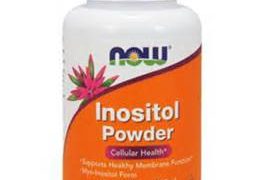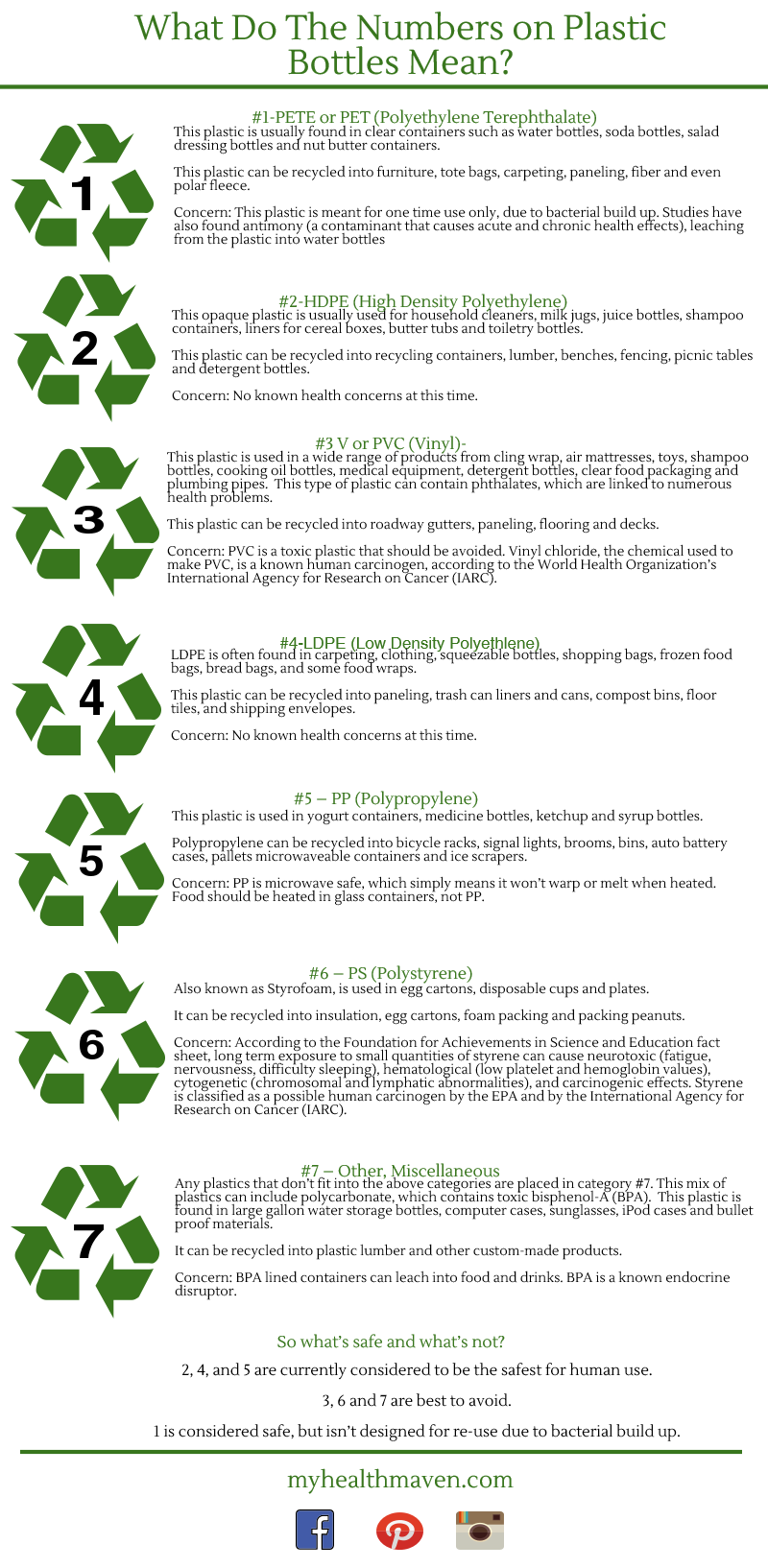Our skin is the largest organ of elimination and absorption, it is also an indicator of our overall health. While acne, eczema and psoriasis are all common skin conditions, they can also be giving you clues to what is happening within your body. Eczema for example can be caused by food sensitivities or even exposure to an environmental toxin that irritates your skin.
While I am a firm believer in always getting to the root cause of the problem, sometimes we just need relief from the symptoms. Relief can often come from a soothing oil or lotion. While there are many commercially made products for skin care, they often contain ingredients that are harmful for your health.
21 Healthy Oils for Your Skin
Sometimes simple is better. Rather than reaching for a chemically laden product with unpronounceable ingredients, try reaching for one of these oils that you likely have in your pantry. Since there are numerous oils that are beneficial for your skin, let’s take a brief look at these oils, and find the one that is right for you.
Almond –Sweet almond oil is mild and known for its UV protection. It contains fatty acids as well as vitamins A and E which is easily absorbed by the skin. It is an excellent choice for moisturizing the skin. Works best on: Sensitive skin, eczema and psoriasis. (1)
Apricot – Paula Begoun, author of “The Complete Beauty Bible,” states that the lipid content of this oil is similar to your own skin. This is a mild moisturizing skin, that won’t leave behind a greasy residue. Works best on: Mature or sensitive skin, eczema.
Argan –This oil is extracted from the kernels found in Moroccan argan trees. It contains tocopherols and phenols, carotenes, squaline and fatty acids, making it a luxurious oil. It is often used on the skin, nail and hair. Works best on: fine lines and dry skin.
Avocado – Avocado oil is a wonderfully emollient, highly penetrating oil. Avocados contain Vitamins A , D and E which work together to improve the skin texture, as well as protecting your skin from UV rays. Works best on: Dry, sensitive, mature or irritated skin.
Baobab – This oil is made from the seeds of the Adansonia tree. Containing vitamins A, E and F and sterols, baobab oil is quickly absorbed and can be used for stretch marks. Works best on: Damaged skin. (2)
Castor-This thick oil has anti-inflammatory and anti-bacterial properties. It is high in unsaturated fatty acids, vitamin E, proteins, and minerals. It is soothing on the skin and best used in a blend. If used alone it will dry out your skin. Works best on: Acne prone skin, and inflamed skin.
Coconut – This is a great oil for general moisturizing and serves as a protective layer, helping to retain the moisture in your skin. Works best on: Sensitive skin and eczema.
Flaxseed–This oil can be used as a topical moisturizer, with its natural anti-inflammatory properties. Works best on: Sensitive skin and eczema.
Grapeseed – This oil from the seeds of pressed grapes. It is high in antioxidants and is beneficial for many skin types. This oil is also used as a base oil for many creams and lotions, as well as a carrier oil. Works best on: All skin types, especially useful for skin types that do not absorb oils well.
Hazelnut– This oil has astringent and antibacterial properties, making it a great choice for acne prone skin It is easily absorbed and doesn’t leave an oily residue. Works best on: Sensitive and acne prone skin.
Hemp–This oil made of 80% essential fatty acids with a near perfect balance of omega 6 and omega 3’s. Its anti-inflammatory properties make it a great option for psoriasis and eczema. Works best on: Dry skin, psoriasis and eczema.
Jojoba– This oil’s chemical structure is similar to our skin’s natural oil. It contains minerals such as copper and zinc, as well as Vitamins B and E, which help to strengthen the skin. Works best on: Dry skin.
Kukui– This is made by pressing the nuts from the kukui nut (or candlenut) tree. It contains essential fatty acids, vitamins and antioxidants that help to soothe dry skin and heal wounds. Contains linoleic and alpha-linolenic fatty acids. Works best on: Skin with stretch marks, scars and dermatitis. (3)
Olive– This oil is rich in fatty acids and Vitamin E, this oil is also similar to the oils our bodies naturally produce. Because this oil is heavy it should be avoided by those with acne. Works best on: Dry skin
Pomegranate– This oil contains high amounts of ellagic acid., it is an antioxidant that is known to prevent UV damage and wrinkles. Works best on: All skin types, eczema, psoriasis and sunburns. (4)
Rosehip Seed –This oil is extracted from rosehips. This is an amazing oil with qualities that are similar to Retin-A, without side effects. This oil soaks into the skin easily. This oil which contains omega 6 fatty acids, as well as Vitamin A and C. Works best on: Fine lines, acne, scars, and uneven pigmented skin, dry and mature skin.
Safflower– This oil contains omega 6 fatty acids and linolenic acid. This is a highly moisturizing oil that is smoothing and frequently used in skin care recipes for its moisturizing benefits. Works best on: Dry, inflamed and irritated skin.
Shea– This oil is rich in Vitamin A and leaves a smooth feel to the skin. Works best on: Fine lines.
Sunflower – This oil is rich in oleic acids and vitamins A, D, and E. Sunflower oil also contains beneficial amounts of lecithin, and unsaturated fatty acids. Deeply nourishing and conditioning for the skin. Works best on: Fine lines, wrinkles, acne, dermatitis and sunburned skin.
Tamanu– Made from the kernel of the fruit from the Tamanu tree. The oil has numerous properties including anti-bacterial, anti-microbial and anti-inflammatory. Works best on: Sun damaged skin, acne, scars. (5)
Wheat Germ– This oil contains vitamins D and E, which are critical for treating scars. It is extracted from wheat and containing over 23 different nutrients that are wonderful for your skin. Works best on: Dry skin, scars.
Notes:
When purchasing oil, always look for a brand with organic certification.
Always try a patch test before trying a new product. Apply a small amount of oil to a small area of skin to determine any potential problems.
References:
- Sultana, Y., Kohli, K., Athar, M., Khar, R. K., & Aqil, M. (2007, March). Effect of pre-treatment of almond oil on ultraviolet B-induced cutaneous photoaging in mice. Retrieved February 13, 2018, from https://www.ncbi.nlm.nih.gov/pubmed/17348990
- Baobab Oil. (2014, June 17). Retrieved February 13, 2018, from http://oilhealthbenefits.com/baobab-oil/
- Locher, C. P., Burch, M. T., Mower, H. F., Berestecky, J., Davis, H., Van, B., . . . Vlietinck, A. J. (1995, November 17). Anti-microbial activity and anti-complement activity of extracts obtained from selected Hawaiian medicinal plants. Retrieved February 13, 2018, from https://www.ncbi.nlm.nih.gov/pubmed/8786654
- Staff, S. X. (2009, April 21). Antioxidant found in berries, other foods prevents UV skin damage that leads to wrinkles. Retrieved February 13, 2018, from https://medicalxpress.com/news/2009-04-antioxidant-berries-foods-uv-skin.html
- Cytoprotective effect against UV-induced DNA damage and oxidative stress: Role of new biological UV filter. (2006, November 09). Retrieved February 13, 2018, from https://www.sciencedirect.com/science/article/pii/S0928098706003241








